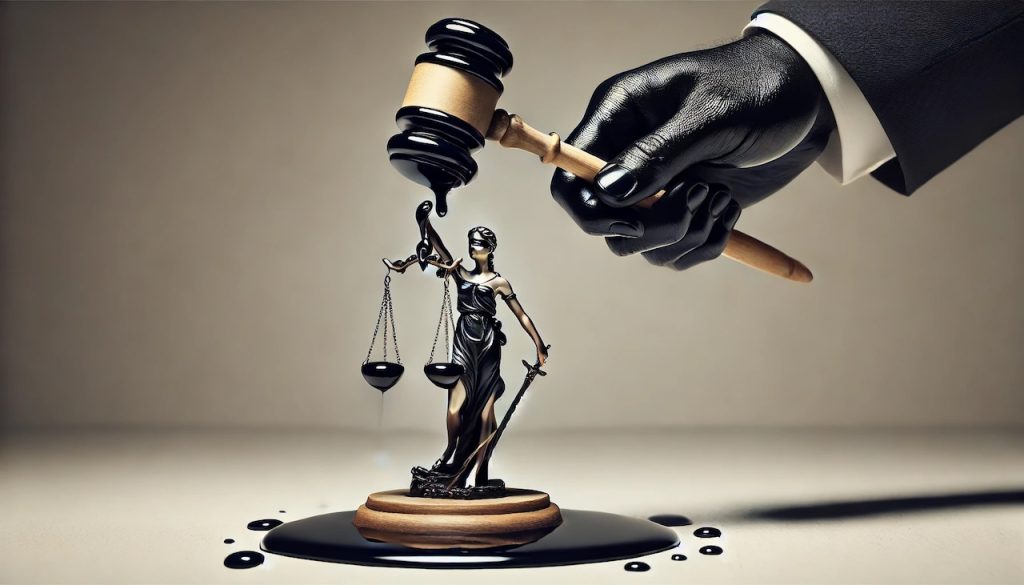
Oranjestad - The recent reinstatement verdict in the case of former minister Otmar Oduber has put the legal community and the public on edge. A legal error in the original verdict led to a necessary correction of the sentence. It raises questions about how such errors can occur, and highlights the human side of the legal system.
Types of judicial errors
According to one lawyer, judicial errors can generally be classified into two categories:
- Errors in interpretation or application of law
This type of error, the most common, occurs when a judge misreads an article of law or misinterprets the facts. Such errors are often corrected by appeal, where a higher court reviews the case. - Editorial or clerical errors
This type of error is less common but includes such things as stating the wrong date, amount or factual details in a judgment. These errors are usually easy to correct without affecting the fundamental judgment.
The error in the Oduber case falls into this second category. The court recognized that Oduber's passive suffrage had been erroneously taken away in the original ruling, despite his having been acquitted of passive official bribery - the only charge that warrants such a punishment under Aruban law.
The repair error and the legal basis
The Court of First Instance discovered the error and published a remedial sentence on Jan. 27, 2025. This removed the part of the sentence that denied the right to passive suffrage and the right to hold public office for three years. The court emphasized that this correction did not affect the rest of the sentence. Oduber remains convicted of attempted fraud and attempted abuse of office, with a 315-day suspended prison sentence, 240 hours of community service and three years of probation.
The restorative judgment shows that errors in the legal system can be corrected transparently and carefully. Both the convicted person's and the prosecution's rights remain intact, and the correction does not affect the deadline for appeal.
Why can such mistakes happen?
It is important to understand that judges, despite their expertise, are human beings. As the lawyer notes, they often work under high pressure with complex cases and long texts. Mistakes like this can occur because of:
- Complexity of the legal system: Combining legal and factual elements requires tremendous precision.
- Workload: Judges often hear multiple cases simultaneously, which increases the likelihood of editorial errors.
- Human nature: As in any profession, small details can be missed, especially in complex cases such as this one.
Lessons from this case
The Oduber case reminds us that the legal system is not infallible, but that it is precisely through mechanisms such as restorative judgments that it is able to correct errors. This process not only ensures the precision of criminal justice but also strengthens confidence in the rule of law.
Moreover, the transparent action of the court is a sign of integrity within the legal system. Acknowledging a mistake and correcting it, even if it has no major impact on the final verdict, shows that the judiciary strives for fairness and diligence.
Conclusion
Judicial errors are rare, but they remind us that the human factor is inevitable in a system run by people. What is important is how such errors are handled. The transparency and thoroughness with which the error in this case was corrected show that the legal system is not only fair, but also self-critical and willing to improve.

